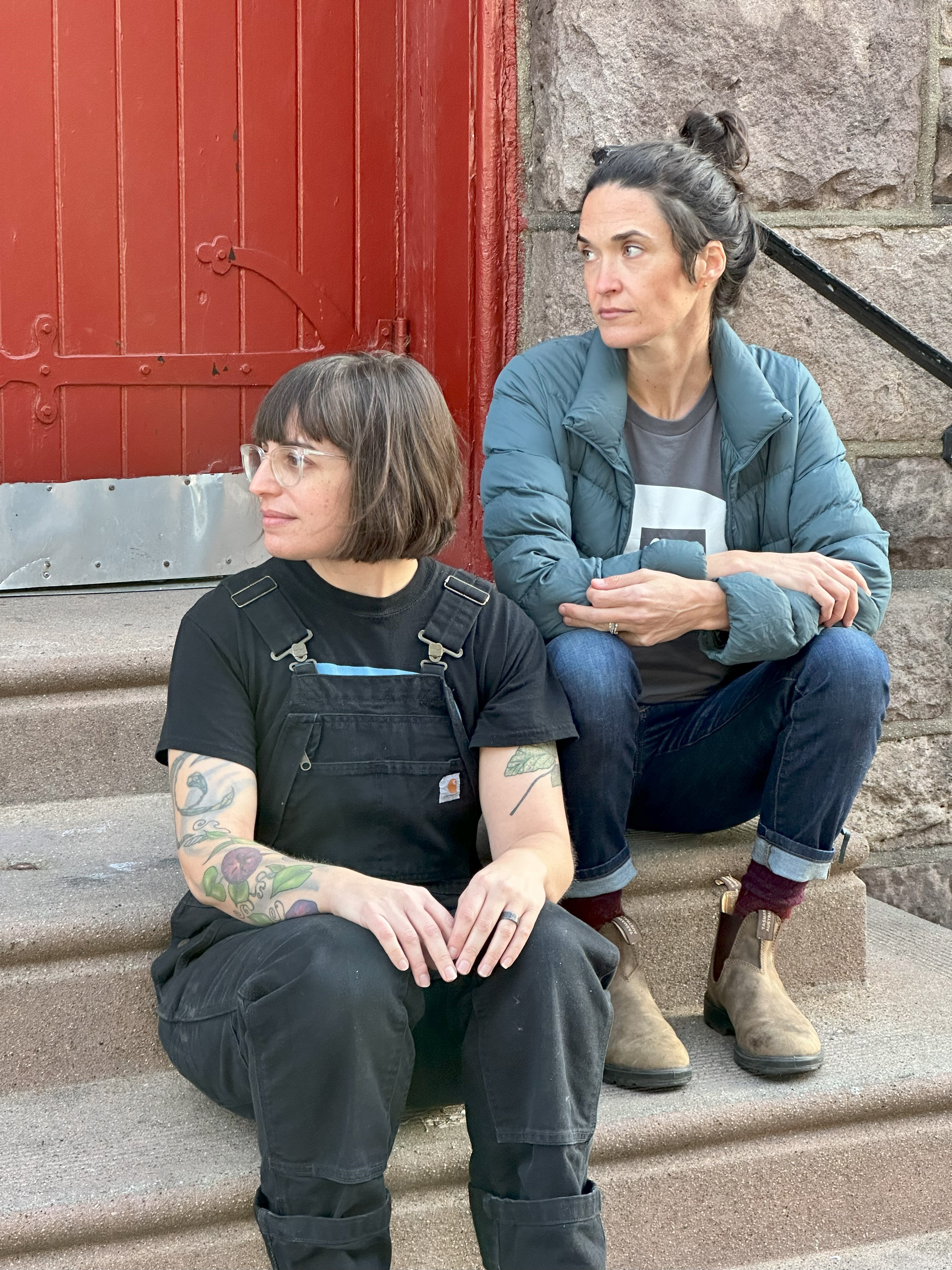
Photo: Francis Young
Rachel McFadden, a nurse in the Prevention Point Philadelphia Wound Care Clinic, was recently interviewed by Alcoholism & Drug Abuse Weekly (ADAW) about a commentary she and the Wound Care team recently published in the Journal of Addiction Medicine. This is an excerpt of the ADAW newsletter article. Read the whole article here.
A registered nurse and lead author of a journal article on skin wounds associated with the increasingly prevalent street drug adulterant xylazine said she was motivated to publish on this topic because of a disturbing “catch-22” her patients experience. Among people who use drugs, the presence of these skin lesions often will shut them out of admission to an inpatient detox or rehabilitation program. At the same time, they are often denied entry to a skilled nursing facility for wound care because they are actively using.
The Wound Care Clinic (WCC) where Rachel McFadden works in Philadelphia offers a welcoming exception to the stigmatization these patients typically experience. Profiled in an article published Nov. 29, 2023, in the American Society of Addiction Medicine’s Journal of Addiction Medicine, the WCC is referred to as a “low-barrier” clinic in three respects: 1) it does not require appointments in advance; (2) there are no expectations around patient abstinence; (3) and receiving care does not hinge on ability to pay.
“Wound care science is a thing, but none of the programs out there have addressed the needs of people who use drugs or people who are unhoused,” McFadden told ADAW. “The only way to get around these things is to address what the barriers are.”
The WCC was launched as a mobile clinic in 2015 and moved into a brick-and-mortar facility around the same time as Philadelphia-area street drug users began to report suspicions that their drugs were being adulterated with the veterinary tranquilizer known on the street as “tranq.”
McFadden said that while the nursing profession is still learning about how best to help these individuals and cannot even say with certainty yet that xylazine is responsible for the new types of wounds they’ve been seeing, the clinic has embraced a patient-empowering approach embodied in the mission of the harm reduction organization that supports its operation: Prevention Point Philadelphia.
Wounds’ damaging impact
The journal article describes the changes in what nurses at the WCC said they have been seeing since xylazine’s presence in the Philadelphia area began to be acknowledged around 2019. While before that time the clinic generally was seeing classic signs of skin and soft tissue infection in patients who injected drugs, many of the wounds that nurses see today develop both at and away from injection sites on the body, and sometimes in patients who don’t inject their drugs at all.
McFadden, who is also with the Center for Addiction Medicine and Policy at the University of Pennsylvania, said these wounds are characterized by a heavy burden of dead tissue, often harboring bacteria that can impede the natural healing process. Because the wounds can look scary and are malodorous, patients often find themselves shunned on the streets and even in mainstream health care settings.

She and colleagues wrote in the journal article that “WCC patients often avoid hospital-based care due to fears of stigmatizing treatment, unmanaged pain and withdrawal and previous traumatic health care encounters. Participants have been called ‘junkies,’ labeled as ‘drug seeking,’ and have had basic care such as toileting assistance withheld by staff. Hospital personnel routinely search and confiscate their personal belongings and cut off social support through visitation restrictions.”
The article describes the WCC’s treatment mission as combining established wound care science and harm reduction principles. Its evidence-based framework prioritizes removing dead tissue in order to precipitate healing. The WCC has always been a completely nurse-run clinic, McFadden said, but it maintains close collaboration with providers who can prescribe antibiotics in cases of infection.
Also, WCC staff work closely with peer navigators employed in Prevention Point Philadelphia’s syringe services program. “There is a critical need for low barrier wound care programs that meet the needs of people who continue to use substances, staffed by professionals and peers who are sensitive to the health care trauma and marginalization experienced by [people who use drugs],” McFadden and colleagues wrote in the journal article.